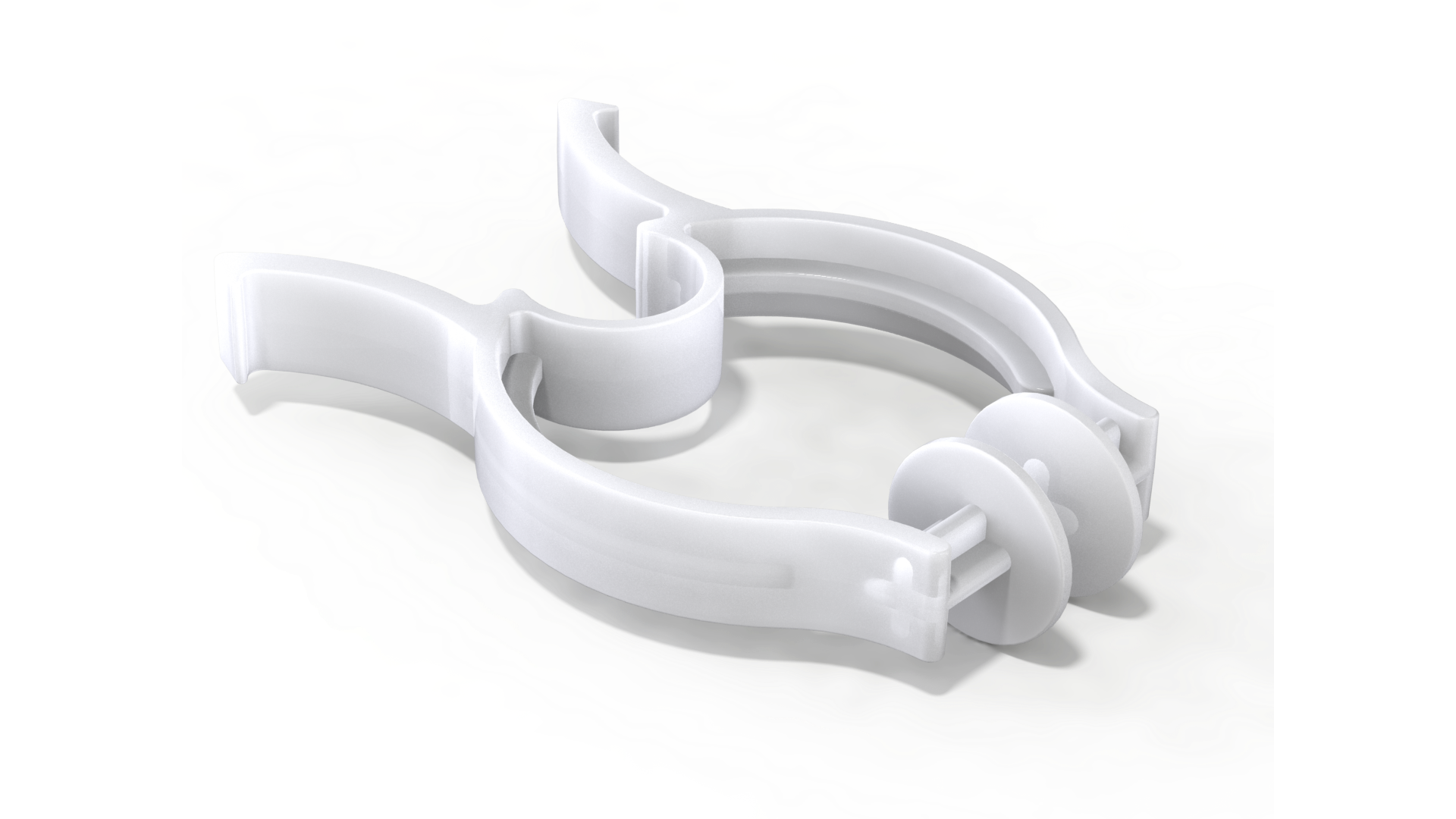The connection between lung health and overall wellbeing
Breathing is something we rarely think about. It happens quietly, rhythmically, in the background of our lives. But while it may feel automatic, the health of our lungs has a deep and lasting influence on how we feel – not just in moments of exertion, but in our everyday wellbeing. From the quality of our sleep to how energised we feel and even how we experience stress, lung health is central to our overall physical and mental balance.
We tend to associate the lungs with illness only when there is a noticeable problem – a persistent cough, shortness of breath, or tightness in the chest. Yet long before symptoms become severe, small changes in lung function can quietly erode quality of life. By understanding how our lungs support rest, energy, and emotional equilibrium, we can take early steps to protect and support this essential system.
Breathing and sleep: the quiet connection
Sleep is the foundation of wellbeing – it restores the body, clears the mind, and prepares us for the day ahead. But restful sleep depends on more than just time in bed. It relies on the smooth, unobstructed rhythm of breathing. Any disruption to that – whether from conditions like asthma or COPD, allergies, or even mild airway obstruction – can fragment sleep cycles, reduce oxygen levels at night, and leave us tired no matter how long we rest.
Many people are unaware of how lung health can affect sleep. For example, waking frequently during the night, snoring, or feeling short of breath when lying down can be early indicators of underlying respiratory issues. Even occasional nighttime coughing or wheezing can disturb the deep stages of sleep, preventing the body from fully recharging.
The result? A subtle but persistent fatigue that creeps into the day – not from lack of hours in bed, but from the quality of rest. Supporting lung function helps ensure that sleep remains truly restorative.

Breathing patterns and sleep disorders
Lung health is also closely linked to specific sleep disorders. Obstructive sleep apnoea, for instance, is characterised by repeated pauses in breathing during sleep, often caused by upper airway obstruction. This condition not only disrupts sleep but also places strain on the heart and increases the risk of high blood pressure and other cardiovascular issues.
People with compromised lung function may also experience nocturnal hypoxaemia – low oxygen levels during sleep – which can lead to morning headaches, poor concentration, and even mood disturbances. Addressing lung health proactively can help mitigate these risks and support long-term wellbeing.
Lung health and energy: more than stamina
Energy is often viewed as a matter of lifestyle – nutrition, exercise, stress. But at its core, energy is cellular, and cells need oxygen. The lungs are responsible for delivering that oxygen efficiently to the bloodstream. When they are healthy, this process is seamless. But when lung capacity is reduced, the body receives less oxygen, and that can affect everything from physical stamina to mental clarity.
Even moderate reductions in lung function can make daily tasks feel heavier. Walking up stairs, carrying groceries, or maintaining focus during work may become unexpectedly difficult. Over time, this leads many to reduce activity – not by choice, but out of necessity. And with less movement, lung function can decline further, creating a cycle that is hard to reverse.
The role of physical activity
Staying active is one of the best ways to support lung health. Regular movement helps maintain lung elasticity, improve circulation, and promote efficient oxygen exchange. Simple activities like walking, stretching, and breathing exercises can make a significant difference. Yet, for those already experiencing reduced lung function, starting can feel daunting.
It is important to find a balance – gentle activity that supports lung health without causing strain. Consulting with healthcare providers and considering lung function assessments, such as spirometry, can help guide this process and ensure that energy levels remain stable and supported.
The emotional impact of breath
Breathing is closely tied to the nervous system. When we are calm, we breathe slowly and deeply. When we are anxious, our breath becomes shallow and rapid. This is more than coincidence – it is a feedback loop. Poor lung function can trigger feelings of tension, and anxiety can, in turn, affect breathing patterns.
For people living with chronic respiratory issues, this connection can be especially challenging. The sense of being unable to “catch one’s breath” can lead to panic or fear, even if the situation is not medically urgent. Conversely, learning to control breathing through simple techniques – slow inhales, longer exhales – can help regulate the nervous system, reduce stress, and improve overall emotional resilience.

Lung health and mental clarity
Reduced oxygenation affects not just mood, but also mental performance. Concentration, memory, and decision-making can all be influenced by how well the brain is supplied with oxygen. This highlights the importance of lung health not only in physical activity but also in our professional and personal lives. Supporting breath means supporting clarity, focus, and emotional steadiness.
Why early detection matters
The early signs of reduced lung function are easy to miss. Fatigue, poor sleep, and low stamina are often attributed to stress or age. But when these changes persist, it is worth considering the role of the lungs. Spirometry – a simple, non-invasive test – can measure lung function and help detect issues before they become more serious.
By identifying small changes early, individuals and healthcare providers can take steps to manage or reverse the course, whether through lifestyle adjustments, medical support, or environmental changes. It is not just about preventing disease – it is about preserving quality of life.
Breathing well, living well
Our lungs are with us from the first breath to the last. They support us in every moment, whether we are aware of it or not. When they are healthy, we feel energised, rested, and calm. When they are compromised, even slightly, the effects ripple through our entire wellbeing.
Taking care of lung health is not complicated – but it does require attention. Noticing changes, seeking advice, and embracing small habits that support breathing can make a profound difference. Because how we breathe shapes how we live.
This article has been reviewed by
Elina Kiviaho
Senior Biomedical Laboratory Scientist, Clinical Expert in Biomedical Analytics
Linkedin

More from the articles:
Motivating pediatric patients in spirometry: how 3D incentives improve performance
19.09.2024
Read more










